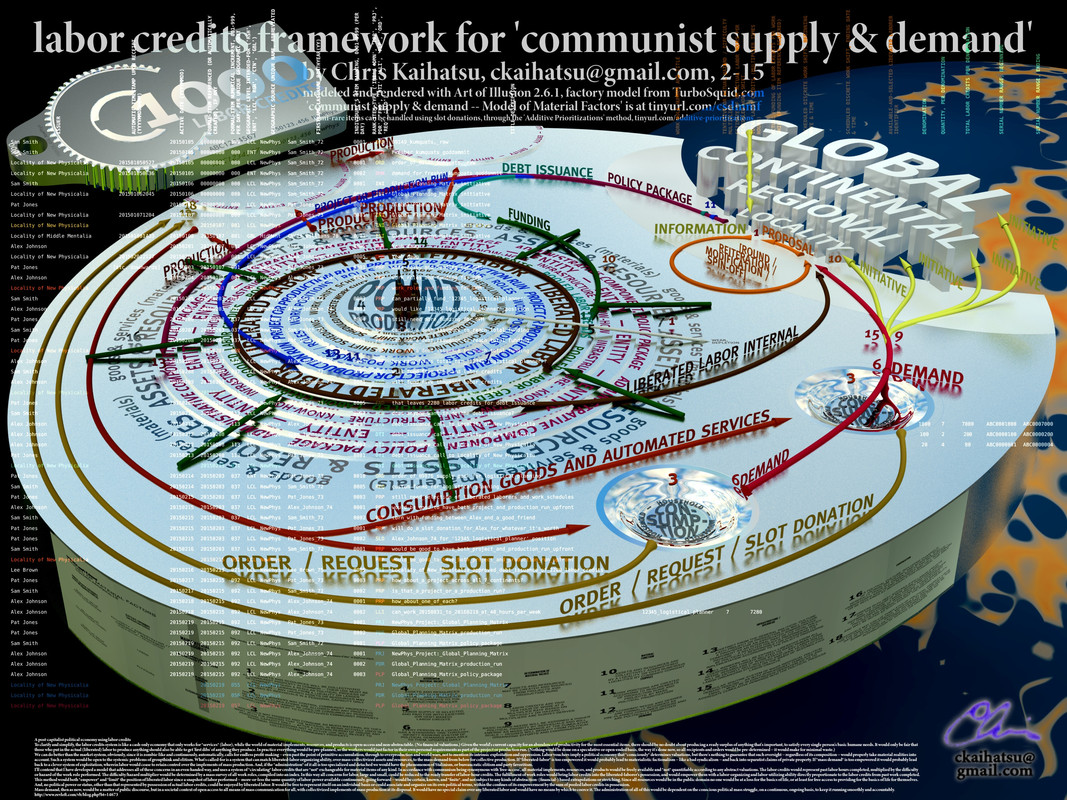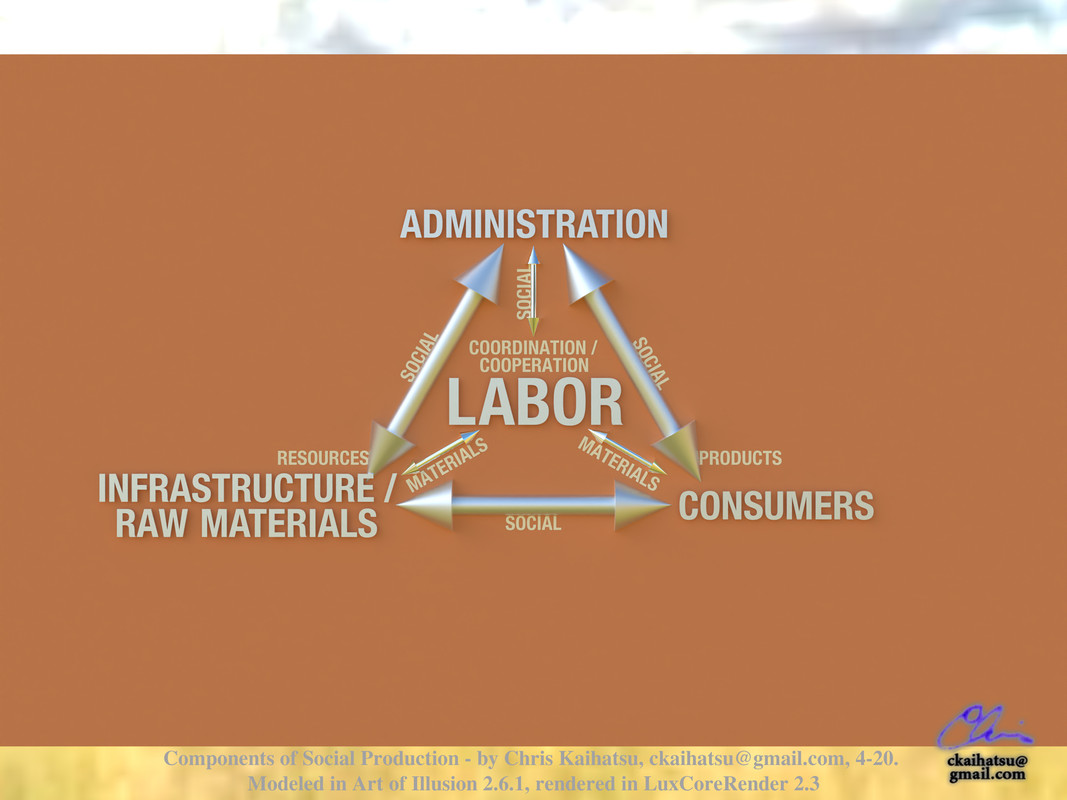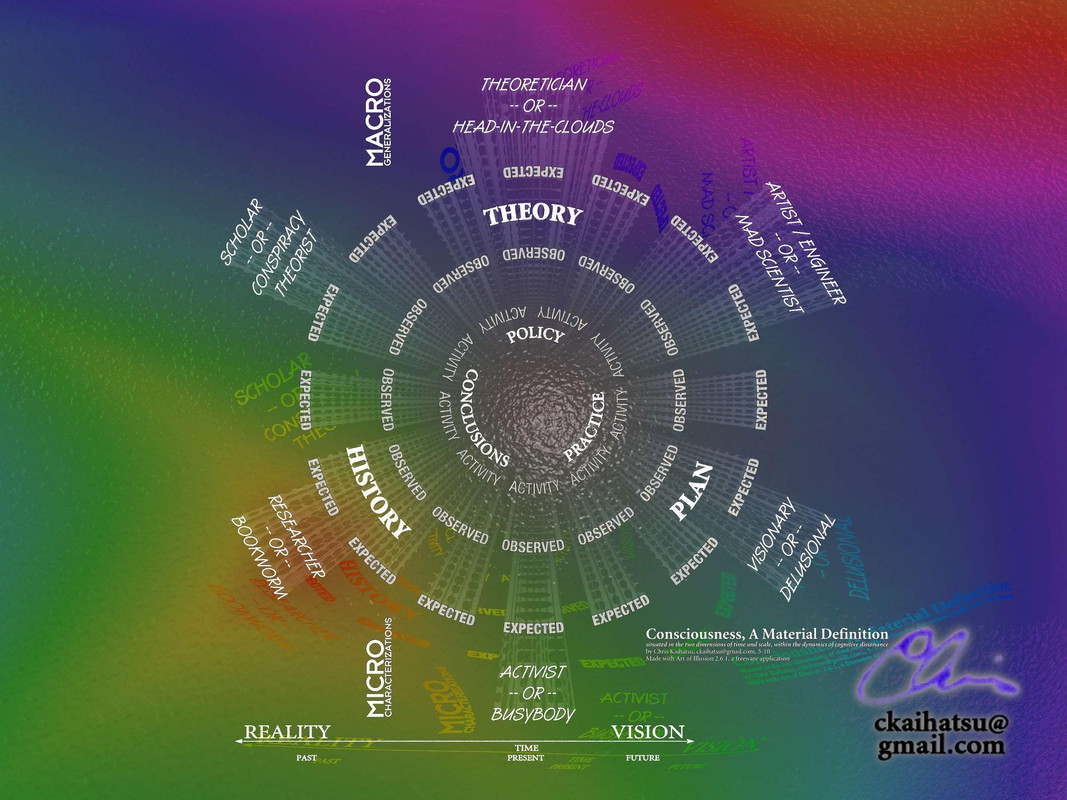- 24 Aug 2021 00:33
#15186949
Basically a kind of secular Calvinism. You prove your right to the divine graces of capital by performing woke rituals. But anti-wokeness itself is now just the mirror image, and they deserve each other. We need to de-condition ourselves from emotional reactivity and carefully define the goal we're trying to work towards, that is realistic. Abolishing prison and police is emotionally motivating to hardcore activists and that's about it. For the rest of us its a goal so disconnected from reality that it is totally meaningless. Once you define the goal, you need to define what counts as meaningful progress towards that goal and how it can be achieved. The woke ideology prevents all this because it insists on deconstructing everything and revealing it to be the inner workings of privilege, failure to "recognize" some identity or another. But recognition is not a goal. Black people and women were recognized as such for centuries and that didn't stop them from being subjugated.
Unthinking Majority wrote:The far leftists don't know how to create an alternative to capitalism so they're achieving social change the only way they can make gains, which would be to guilt-shame people and organizations into compliance or else call them racists, sexists, transphobes and the like. Businesses don't want the bad PR of being called racist on twitter, so they will comply without a fight. So the left is using the profit-motive of capitalists for their own political gain, which is a brilliant tactic discovered by accident but no less useful. And it can be used not just toward businesses, but to anyone who cares about reputation, which is most people. People don't like being called a racist homophobe.
Basically a kind of secular Calvinism. You prove your right to the divine graces of capital by performing woke rituals. But anti-wokeness itself is now just the mirror image, and they deserve each other. We need to de-condition ourselves from emotional reactivity and carefully define the goal we're trying to work towards, that is realistic. Abolishing prison and police is emotionally motivating to hardcore activists and that's about it. For the rest of us its a goal so disconnected from reality that it is totally meaningless. Once you define the goal, you need to define what counts as meaningful progress towards that goal and how it can be achieved. The woke ideology prevents all this because it insists on deconstructing everything and revealing it to be the inner workings of privilege, failure to "recognize" some identity or another. But recognition is not a goal. Black people and women were recognized as such for centuries and that didn't stop them from being subjugated.




















 - By Rich
- By Rich